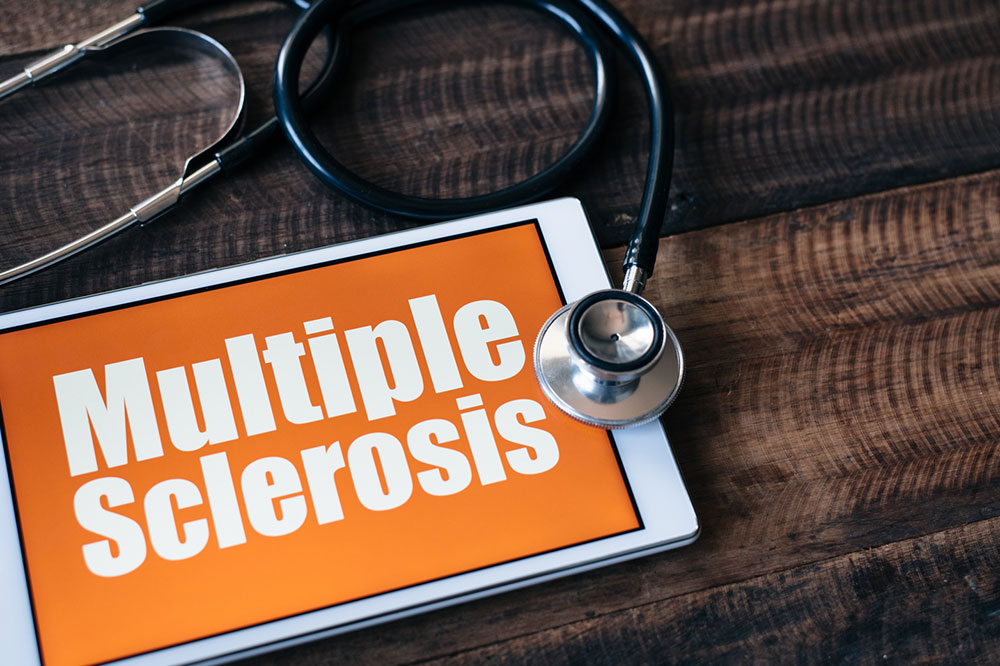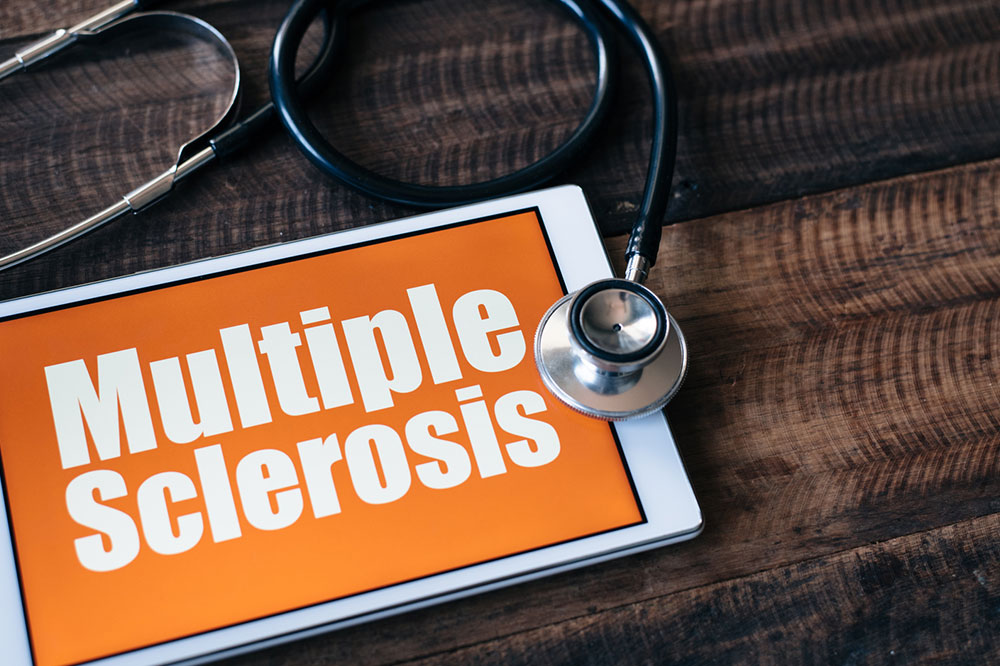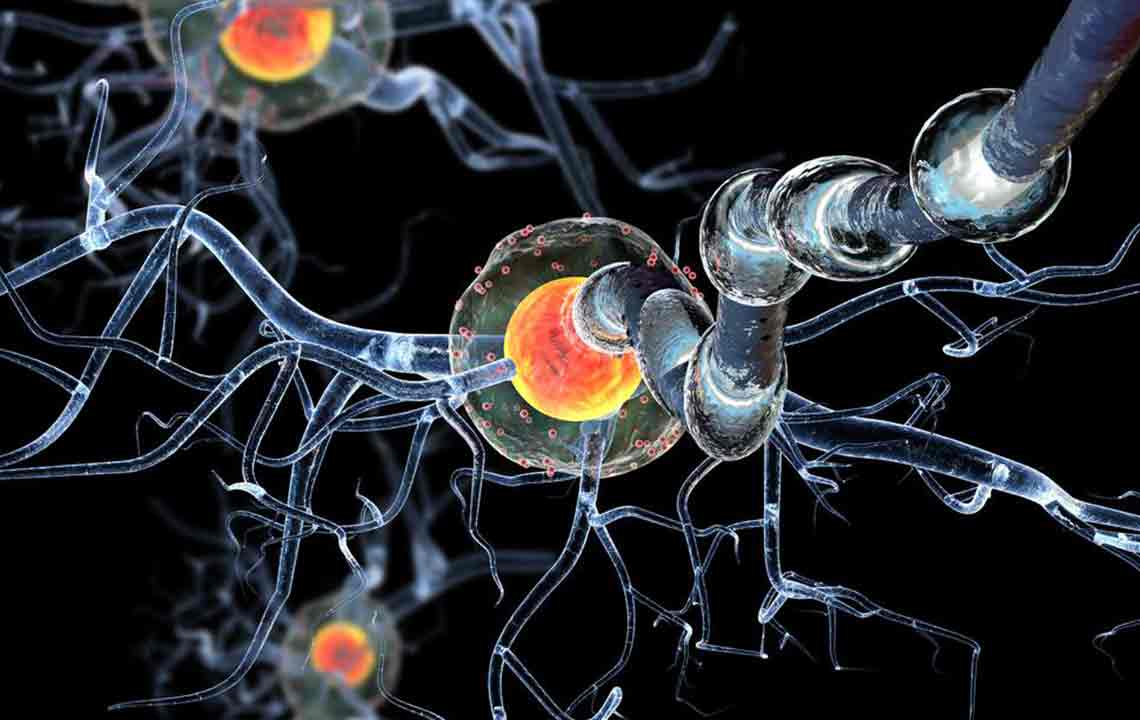Comprehensive Guide to Multiple Sclerosis: Symptoms, Treatments, and Management Strategies
This comprehensive article explores multiple sclerosis, detailing its symptoms, causes, current treatments, and natural remedies. It emphasizes the importance of personalized care, lifestyle changes, and ongoing research, offering hope for improved management and quality of life for MS patients. A valuable resource for understanding this complex neurological disorder.

Understanding Multiple Sclerosis: Symptoms, Causes, and Effective Treatment Strategies
Multiple sclerosis (MS) is a complex and often misunderstood neurological disorder that affects millions of people worldwide. It is classified as a chronic disease of the central nervous system (CNS), which includes the brain, spinal cord, and optic nerves. The hallmark of MS is the immune system mistakenly attacking the protective myelin sheath that encases nerve fibers, leading to disrupted communication between the brain and other parts of the body. This disruption causes a wide range of neurological symptoms, which can vary significantly from person to person, making MS a highly unpredictable and challenging condition to manage.
Despite ongoing research, the exact cause of multiple sclerosis remains elusive. It is believed to result from a combination of genetic susceptibility and environmental factors, such as viral infections, smoking, vitamin D deficiency, and geographical location. These factors may trigger an abnormal immune response that leads to demyelination—the destruction of the myelin sheath—further impairing nerve conduction. While no cure currently exists for MS, advancements in medical science have led to various treatment options aimed at controlling symptoms, reducing relapse frequency, and slowing disease progression.
Primary Treatment Options for Managing Multiple Sclerosis
MS treatment primarily revolves around modifying the disease course, managing symptoms, and improving quality of life. The therapeutic approach is often personalized, depending on the type and severity of MS—whether relapsing-remitting, secondary progressive, or primary progressive. Disease-modifying therapies (DMTs) are the cornerstone of MS treatment. These medications aim to reduce the frequency and severity of relapses, delay disability progression, and decrease new lesion formation observable through MRI scans.
Common disease-modifying drugs include interferons, glatiramer acetate, sphingosine-1-phosphate receptor modulators, and monoclonal antibodies. In addition to pharmacological treatments, symptomatic management plays a critical role. Patients may experience fatigue, muscle weakness, spasticity, bladder and bowel dysfunction, visual disturbances, and cognitive issues. Addressing these symptoms involves a multidisciplinary approach, including physical therapy, occupational therapy, counseling, and sometimes invasive procedures, depending on the severity.
Besides conventional medicine, there is growing interest in alternative and complementary approaches to managing MS symptoms. While these methods do not replace standard treatments, they can serve as supplementary strategies to improve patient well-being and mitigate certain symptoms.
Alternative and Natural Remedies to Support MS Management
Many individuals with MS explore natural and nutritional remedies to help alleviate specific symptoms or support overall health. These approaches, often used alongside medical treatments, focus on reducing inflammation, boosting immune function, and enhancing nerve repair. Here are some widely discussed natural strategies:
Vitamin A
Known for its role in vision and immune health, vitamin A also possesses antioxidant properties that may benefit those with MS. Some research suggests that maintaining adequate vitamin A levels could help protect nerve cells from oxidative stress. Foods rich in vitamin A include carrots, sweet potatoes, and leafy green vegetables. However, supplementing should be done cautiously, under medical supervision, to avoid toxicity.
Vitamin B1 (Thiamin)
This vitamin is essential for proper nerve function, metabolic health, and energy production. In MS patients, adequate B1 intake might help support nerve regeneration and reduce neurological symptoms. Whole grains, seeds, nuts, and lean meats are good dietary sources of vitamin B1. Some studies indicate that B vitamins can enhance nerve conduction and may alleviate fatigue associated with MS.
Cranberry
Rich in antioxidants and compounds beneficial for urinary tract health, cranberry products—such as unsweetened juice or supplements—can help prevent urinary tract infections, which are common in MS due to bladder dysfunction. Incorporating cranberries into the diet can be a natural way to support urinary health and reduce inflammation.
Other supportive remedies include mineral oils used as laxatives to manage constipation, a common issue among MS patients. However, long-term use should be supervised by a healthcare professional to avoid potential side effects. Additionally, burdock root, a traditional herb known for its anti-inflammatory and antioxidant properties, has been used in herbal medicine to support immune health. Its efficacy in MS management requires further scientific validation, and allergies should be considered prior to use.
While these natural approaches can be beneficial, they are most effective when integrated into a comprehensive treatment plan under the guidance of healthcare providers. For those with severe symptoms or rapidly progressing MS, consulting experts remains critical to ensure safe and effective management.
Living with MS: Lifestyle Modifications and Supportive Care
Beyond medication and supplements, lifestyle adjustments significantly impact the quality of life for individuals with MS. Regular physical activity tailored to one's abilities can improve strength, coordination, and overall well-being. Physical therapy is often recommended to help maintain mobility and reduce spasticity. Nutritional management, stress reduction techniques, and adequate rest also play vital roles in symptom control.
Psychosocial support, including counseling and support groups, helps patients cope with the emotional and psychological challenges associated with MS. Education about the disease empowers patients to make informed decisions and adhere to treatment regimens. Adaptive devices and home modifications can assist those with mobility impairments, promoting independence and safety.
The Future of MS Treatment and Research
The field of MS research continues to evolve rapidly. New therapies aimed at repairing damaged myelin and promoting nerve regeneration are under investigation. Advances in personalized medicine, including genetic and biomarker profiling, could soon enable more tailored and effective treatment strategies. Moreover, researchers are exploring stem cell therapies and novel drugs that may fundamentally alter disease progression.
In conclusion, while MS remains a challenging condition, early diagnosis, comprehensive treatment plans, lifestyle modifications, and ongoing research offer hope for better management and improved quality of life for those affected. Collaboration between patients, healthcare providers, and scientists is essential in driving forward progress against this complex disease.





